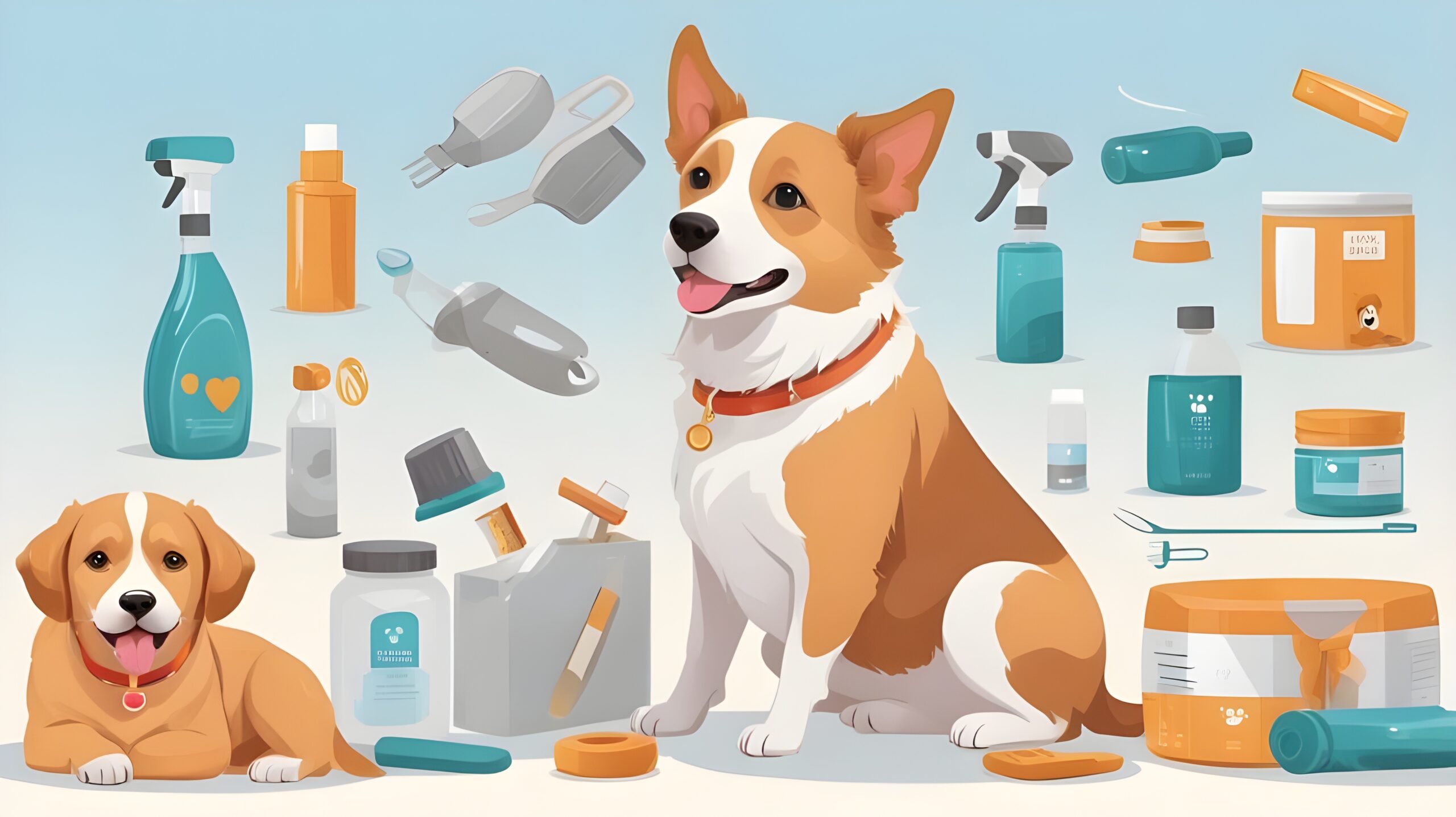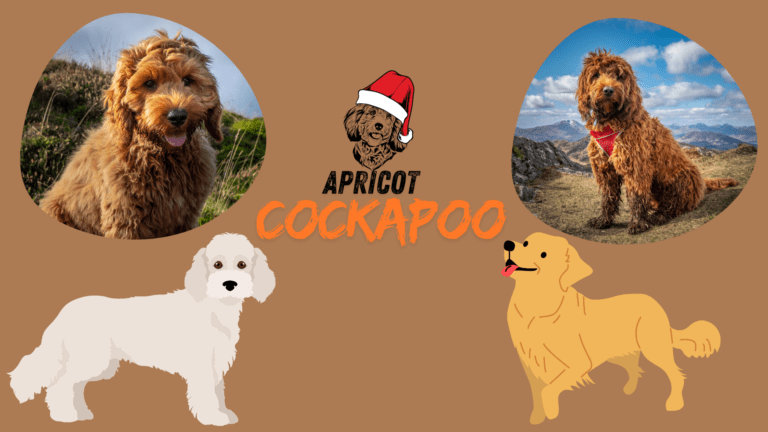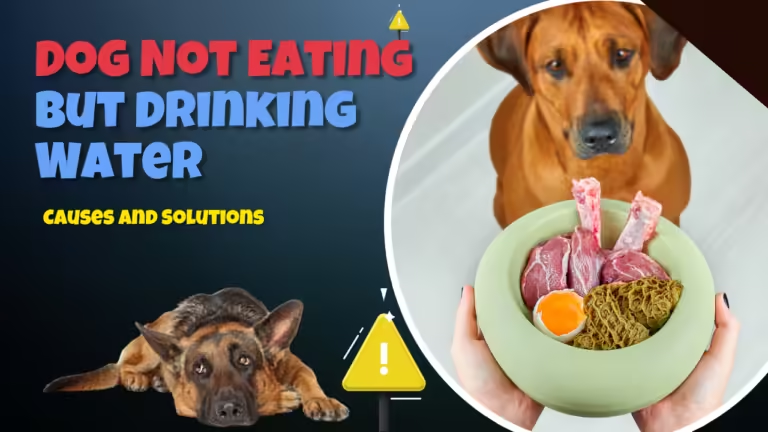What Do Dogs Need? Understanding Your Dog’s Basic Care Requirements
1. Balanced Nutrition

One of the basic elements that form what dogs need is proper nutrition. A good diet is sufficient for the growth of a dog, its strength, and health in general. Dogs require a combination of proteins, fats, carbohydrates, vitamins, and minerals. A closer look at each nutritional component follows.
- Protein: Dog proteins contribute to muscle building, repair of tissues, and are a source of energy. Chicken, beef, and fish are good quality and superior type of meat that is best for the dogs. Protein contributes to various body functions to keep them healthy and active.
- Fats: Fats provide energy, and are very necessary for healthy skin and a lustrous coat. Fish oils and flaxseed are excellent sources of healthy fats that contribute to the health of your dog.
- Carbohydrates: Carbohydrates would provide energy to the dog for action. Though now omnivorous, dogs are able to digest carbohydrates from grains, vegetables, and fruits; these sources provide necessary fiber and vitamins that add to overall health.
- Vitamins and Minerals: Several vitamins dogs require include A, B, D, E, and K, while the minerals include calcium, phosphorus, and iron among many others for different bodily functions. Such nutrients will keep the immune system intact, the bones strong, and the vitality of the dog high.High-quality dog food, selected according to the particular life stage of your dog, is very important for meeting his needs. Your veterinarian can recommend an appropriate diet based on breed, age, and health condition.
Hydration
An often-overlooked aspect of what dogs need is hydration. Always provide your dog with access to fresh, clean water. It’s very important to make sure your dog has fresh, clean water to drink at all times. Water is vital in the processes of digestion, joints, and body temperature. When dehydration occurs in dogs, severe health conditions such as kidney problems and urinary infections can occur, so it is highly essential for them to remain hydrated.
2. Regular Exercise
Exercise is one of the most critical things in the life of a dog for its health-both physical and mental. Even as workouts differ according to breeds, all dogs do need at least something every day to keep them fit and healthy, including the following:
- Small Breeds: Smaller breeds such as Chihuahuas and Pomeranians may need shorter walks but can benefit significantly from interactive playtime. Engaging them in activities like fetch or agility games helps keep them active and mentally stimulated.
- Medium and Large Breeds: Medium to large breeds like Labradors, Golden Retrievers, and Huskies require more vigorous physical activity. Activities such as running, hiking, and swimming are excellent for burning off excess energy and keeping these breeds in top condition
Regular exercise helps prevent obesity, which is a common issue in domestic dogs and can lead to various health conditions, including diabetes and heart disease. Exercise also reduces destructive behaviors like chewing, barking, or digging, which can arise from boredom or excess energy.
3. Mental Stimulation
Mental stimulation is an often overlooked but vital part of what dogs need for overall well-being. Dogs are intelligent animals that thrive on mental challenges. Boredom can lead to destructive behaviors and anxiety, so it’s important to engage your dog’s mind as well as their body:
- Puzzle Toys: These are interactive toys either providing treats or requiring problem-solving to keep your dog engaged in play and mentally stimulated. Such toys challenge the dog’s cognitive abilities and represent one of the fun methods of reward receipt.
- Training: Training will help your dog learn new commands or some tricks that can make him get mental stimulation by turning him into an active animal while it makes a bond between you and your pet even stronger. Training can be fun for both of you.
- Exploration: Allowing a dog to become accustomed to new places, smells, visual stimuli, and auditory cues can gratify the instinct of curiosity in the dog and can provide mental exercise. The usual walking exercise at different places and routine outings from time to time may be very helpful.
Playing games with your dog, such as hide-and-seek, tug-of-war, or agility courses, is equally very rewarding for improving cognitive function and further strengthening the bond between a dog and his master.
4. Socialization and Companionship
Socialization and companionship are major components of what dogs need in maintaining emotional and behavioral health. Dogs are social animals that require interaction with people and other animals:.
- Early Exposure: Proper socialization when they are young will help avoid anxiety, aggression, and fearfulness in dogs. Exposure of puppies to various people, other animals, and multiple environments creates confidence in adult dogs.
- Dog Parks: Socialization in a controlled environment such as a dog park helps your dog learn social cues and appropriate behavior. If you want to avoid behavioral problems, or just simply to have well-mannered dogs, socialization with other dogs will do the trick.
- Human Interaction: Dogs do need some human interaction; they need to be loved and receive affection from the human family members. Spending quality time with your dog in such ways as playing, cuddling, and just simply being with them contributes to getting their emotional needs met and strengthening your bond.
Dogs left alone for far too long may develop separation anxiety, which can give rise to self-destructive habits such as chewing up furniture, perpetual barking, and even self-injury. Companionship will prevent such risks, and the positive interaction makes your pet quite happy and well-adjusted.
5. Grooming and Hygiene
Grooming is one of the most important things included in what dogs need in order to keep them clean and hygienic. Regular grooming makes your dog look and feel at his best. While different breeds have somewhat different grooming needs, there are some key areas that all dogs share:
- Brushing: The regular brushing removes the loose hair and dirt, hence there is no matting. This is also a good time to inspect for skin disorders or injuries, parasites, etc. The coat remains healthy when brushed, and also reduces shedding.
- Bathing: Dogs need to be bathed every now and then so that they remain clean and do not emit any odour. There are shampoos that are specifically designed for dogs. These are milder on the skin and in no way irritate the coat. Over bathing removes all the natural oils from the skin, which translates to your dog requiring a bath only when absolutely necessary.
- Nail Trimming: Keeping your dog’s nails at the right length prevents him from feeling any pain and even injury. Regular trims are important for dog comfort and his ability to move around.
- Teeth Cleaning: Good dental health is quite essential for a dog’s overall health. Regular cleaning of the dog’s teeth averts plaques formation, and hence the dog is saved from bad breathing and bacterial invasion into its teeth and gums. Chews and dental toys may also be helpful for cleaning the oral cavity.
- Good grooming and hygiene practices go a long way to enhance better health, comfort, and quality of life in your dog.
6. Veterinary Care
Regular veterinary care is part of what dogs need to stay healthy. Regular checkups let the vet track your dog’s growth, watch out for signs of illness, and see that vaccinations and preventative treatments are current:
- Vaccinations: Core vaccinations against rabies, distemper, and parvovirus create a very strong barrier that will protect your dog against lethal diseases. Keeping vaccinations up-to-date plays a role in maintaining a dog’s immunity.
- Flea/Tick Prevention: It saves your dog from the agony of bug infestation and related diseases like Lyme disease. Regular treatment and checkups keep the parasites at bay.
- Spaying/Neutering: The aforementioned practice gives some control to the population and might avoid some types of cancer. It can also avoid undesirable behaviors linked to mating instincts.
Preventive health care remains the best avenue toward early detection of health-related issues before they become more serious or costlier to treat.
7. Safe Environment

Creating safety and comfort is an important part of what dogs need. You want to make sure your dog’s environment is safe and free of hazards:
- Dog-Proofing: Your house needs to be dog-proof by removing toxic plants, sharp objects, hazardous chemicals, and other things from their reach for the prevention of accidents and injuries.
- Crates and beds: provide a comfortable, quiet area where your dog can retire to when they must rest. By providing your dog with a crate or a comfortable bed, you instill a feeling of security in them and, with a crate, aid housebreaking.
- Fencing: This would be quite necessary in case your dog could ever be outside the yard. Proper fencing protects your dog from getting injured and from going astray.
A safe and stimulating environment upholds physical and mental health for your dog.
8. Training and Discipline

Training is the vital part of what the dogs need so that they can behave well and be able to live with the family. Positive reinforcement ways work best in teaching your dog and gaining his trust for the following reasons:
Basic Commands: Teaching commands like “sit,” “stay,” and “come” is very important to attain discipline and safety. Commands are vital in controlling or regulating your dog’s behavior whenever necessary.
Housetraining: This is where you teach your dog to know where and when to go. This would also be in avoiding accidents inside the home and instilling good habits.
Training instills order, lessens behavioral problems, and tightens your relationship with your dog.
Conclusion
Caring for dogs requires much more than just offering them food and shelter. In an effort to really care about what dogs need, one has to attend to their nutrition, exercises, mental stimulation, grooming, veterinary care, and companionship needs. By attending to such vital needs, you ensure a satisfying and pleasurable relationship with your dog hence coming up with a happy, healthy, and well-disciplined dog.
Meeting the many needs of your dog will help in building a very good relationship, therefore promoting a long, satisfactory life together. Understanding and meeting what dogs need is the key to responsible dog ownership and ensures that your furry friend leads a happy and healthy life.
FAQs
1. How much exercise does my dog need daily?
Exercise to be given to any breed would vary. For instance, small breeds require lesser walking or playtime compared to large breeds that require potent and vigorous physical activities such as running, hiking, or swimming. In general, dogs require at least 30 minutes to 2 hours in a day.
2. What kind of food should I feed my dog?
The needs of dogs for feeding a well-balanced diet of proteins, fats, carbohydrates, vitamins, and minerals differ according to breed, studied, and advice given by a veterinarian, as well as high-quality commercial dog food, the age of the dog, as well as his size and health.
3. How often should I groom my dog?
Regular weekly grooming, such as brushing, is required. More individual grooming can be done for the specific breed than once a week. Your dog should only be bathed if needed since this can cause irritation of the skin. Trimming of nails is very crucial to prevent pain or discomfort.
4. How do I keep my dog mentally stimulated?
Engage your dog in puzzle toys, training, and exploration like wandering into new places for walks. These stimulate their brains, thus decreasing boredom, anxiety, and destructive behavior.
5. Why is socialization important for dogs?
Socialization to other dogs and humans will protect the dog from anxiety, aggression, and fear. Early introduction to changing environments and animals will give confidence and teach appropriate social behavior.
6. What vaccines does my dog need?
Core vaccinations include rabies and distemper, parvovirus. Annual veterinary check-ups will ensure that all of the vaccinations and preventative treatments for your dog are current.
7. How much water does my dog need?
Ensure your dog has fresh, clean water to drink at all times. Water is essential to the digestive process, among other things, maintaining joints and the regulation of body temperature. Dehydration can lead to serious health conditions as easily as kidney failure.
8. Why is regular veterinary care important?
Regular checkup in a veterinary will identify the health issues at an early stage, vaccination maintenance, and prevention of parasites infestation. This also refers to the dog’s general state of health as well as the preventive measures against major diseases.







